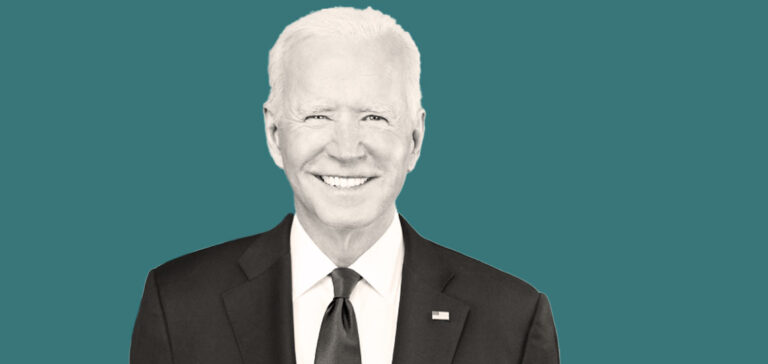The Treasury Department on Friday released its proposals for the $7,500 subsidy for the purchase of a new electric vehicle that open the door to those whose batteries and components come from Japan and, potentially, eventually Europe.
The subsidies, part of President Biden’s major climate plan (IRA) passed last summer, are intended to support electric vehicle sales, with one part of the subsidy going to the assembly of the vehicle itself, and the other to the source of the critical materials needed to make the battery.
The plan, which was hard won after bitter negotiations with the Democratic senator from West Virginia (east) Joe Manchin, who was initially opposed to it and whose voice was decisive, also aims to support the automobile industry and the energy transition in the United States, by providing that a preponderant part of the vehicle and the battery must come from North America.
According to the award terms published Friday, which are now open for consultation and comment before final validation, states bound by a free trade agreement are also considered, “a term that includes recently negotiated agreements related to critical materials,” the Treasury said in a statement.
This concerns the agreement announced on Monday with Japan on the subject and, potentially, the one currently under discussion with the European Union, whose negotiations officially began during the visit of the President of the European Commission, Ursula von der Leyen, to Washington on March 10. The Treasury Department states that currently 21 countries, including Japan, are affected by these new provisions.
On the other hand, the conditions of attribution clearly specify that they aim to exclude, as was foreseen when the law was voted, “suspect entities”, a term that includes Chinese companies. “Given China’s dominant position in the clean energy value chain, we need to work with our allies and partners to build a strong supply chain that can meet the expectations of the American consumer,” a Treasury official said in a phone exchange.
The idea is in line with the position defended by the European Commission, which has called for this approach to be extended beyond the G7 countries to countries producing critical materials, which currently export mainly to China. But Senator Manchin had already expressed his concerns, before they were published, saying in an op-ed published in the Wall Street Journal on Thursday that the administration “is trying to implement the law it wanted, not the one Congress passed.
Consultations on the terms and conditions of the grants are open until April 17.





















